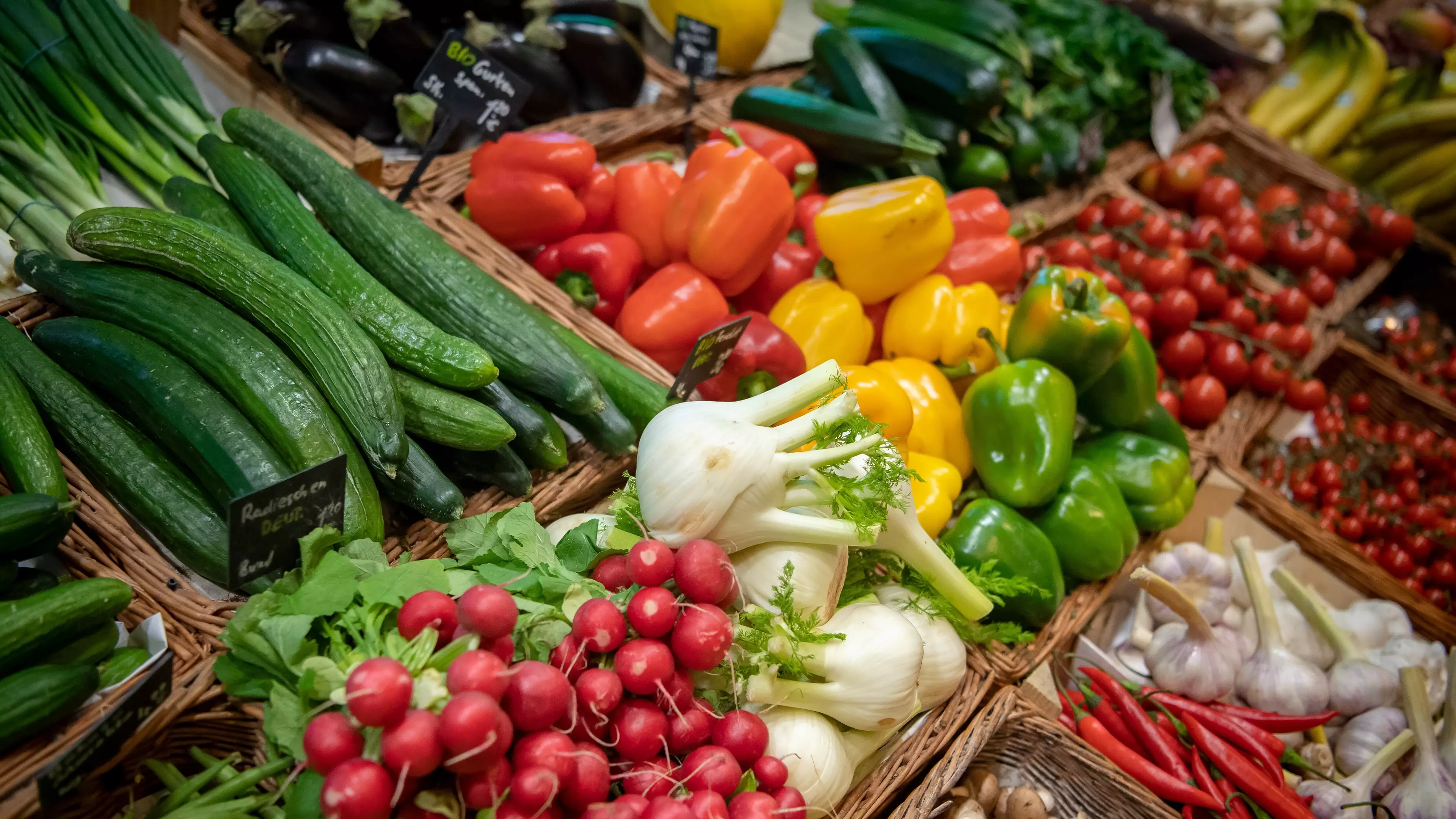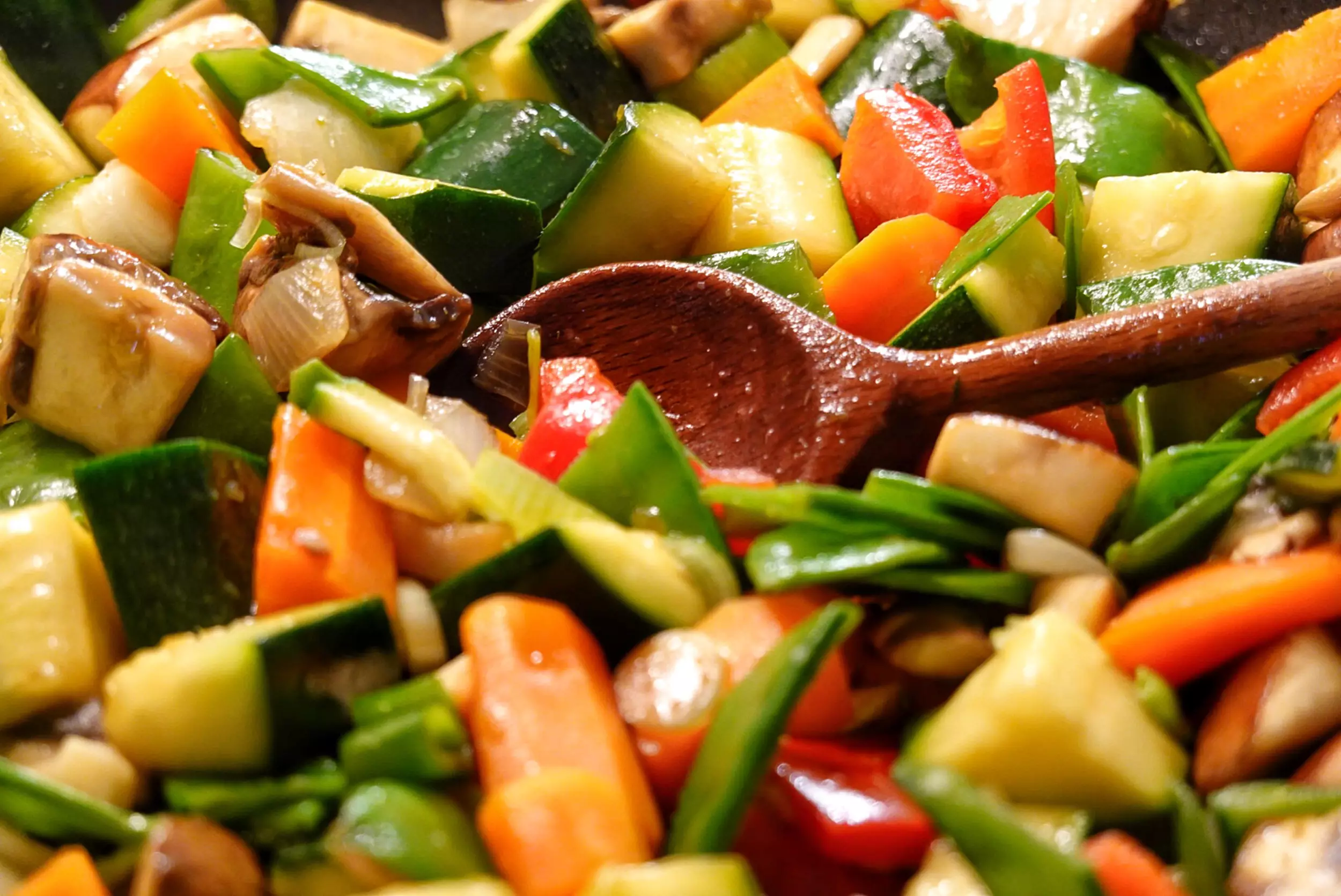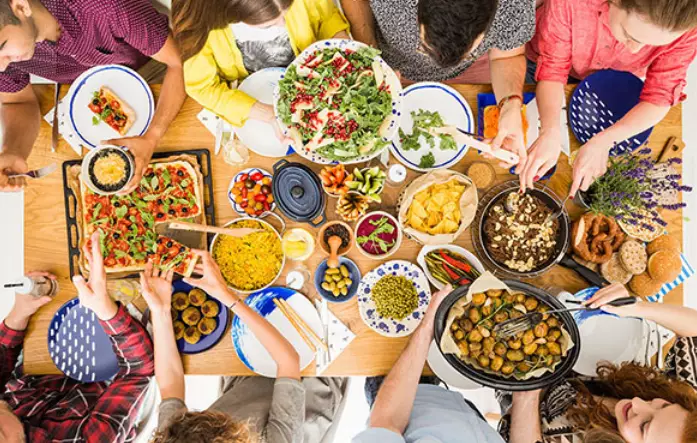
If, like one in five people in the country, you made a New Year's resolution, then more power to you if you're still sticking to it.
But, according to our recent poll, almost 60 percent of you have already give in to whichever vice it was that you tried to give up.
If you're one of the ones whose good intentions for the new year - such as Dry January - have already gone by the wayside, you can at least take comfort in the fact that you're not alone.
Advert
But if one of those resolutions was to take part in Veganuary, here's some advice to bear in mind - it could actually be detrimental to your health to launch straight into such a different way of eating.
As you probably know, Veganuary involves going vegan for a month, following a purely plant-based diet and cutting out all meat and dairy. It's obviously a way to try a new approach to eating, but, if you are going from a general meat-eating diet you might find this change a shock to the system to say the least - and finding alternatives for your usual meals can feel overwhelming.

Consultant dietitian Ro Huntriss says that it can be less dangerous and more beneficial to gradually step up to a vegan diet, rather than just taking the plunge and going cold turkey on animal products and junk food.
Advert
Speaking to LADbible, Ro explains: "If you plan to switch to a vegan diet, there are nutritional considerations to think about before you switch, as otherwise your health could be compromised.
"For example, some people are quick to cut meat and fish out of their diet, but they do not replace the protein. We need protein for muscle growth and repair, so to maintain your strength it is important this is replaced.
"Protein is an obvious one, but other nutrients such as iron, vitamin B12, omega-3, iodine and selenium are examples of nutrients that could be deficient in a vegan diet without proper planning, which could compromise your health."

But that doesn't mean that you have to give up on the idea, with a gentler approach more likely to lead to sticking with the lifestyle change in the longer term.
Advert
Ro continues: "A vegan diet is not only about cutting out meat and fish, but dairy too, and products that contain animal products such as gelatin-containing foods, and products you may not think of including some brands of sugar and alcoholic drinks.
"If you want to become vegan, there is no pressure to go fully vegan straight away. A stepped approach can help you to transition to a vegan way of eating."
To give us a clearer idea of how this can be done, Ro gives us an example of a four-week transition to a plant-based diet, taking into account the nutrients you lose - so here it is, your route to veganism:
Week 1 - Cut out meat and replace with vegan alternatives e.g. tofu, tempeh, soya.
Week 2 - Cut out fish and ensure you consume other plant-based proteins such as lentils, beans and pulses.
Week 3 - Cut out dairy and other animal products. Replace your dairy with calcium-fortified plant-based alternatives.
Week 4 - Spend time ensuring your diet is nutritionally complete, considering the nutrients discussed previously. If you feel your diet may not be complete, consider a vegan multivitamin.

Of course, health and animal rights aren't the only reasons that people are increasingly deciding to change up the way they eat, with many people's concern for the environment prompting their desire to eat differently.
Advert
Ro adds: "Whether you want to go vegetarian, pescatarian or flexitarian, any plant-based changes you make will contribute to helping the planet.
"It is our collective effort that will make the difference, so if everybody had one extra plant-based meal or one plant-based day per week, it would help to make significant progress in protecting the future of our planet."
Featured Image Credit: PATopics: Food